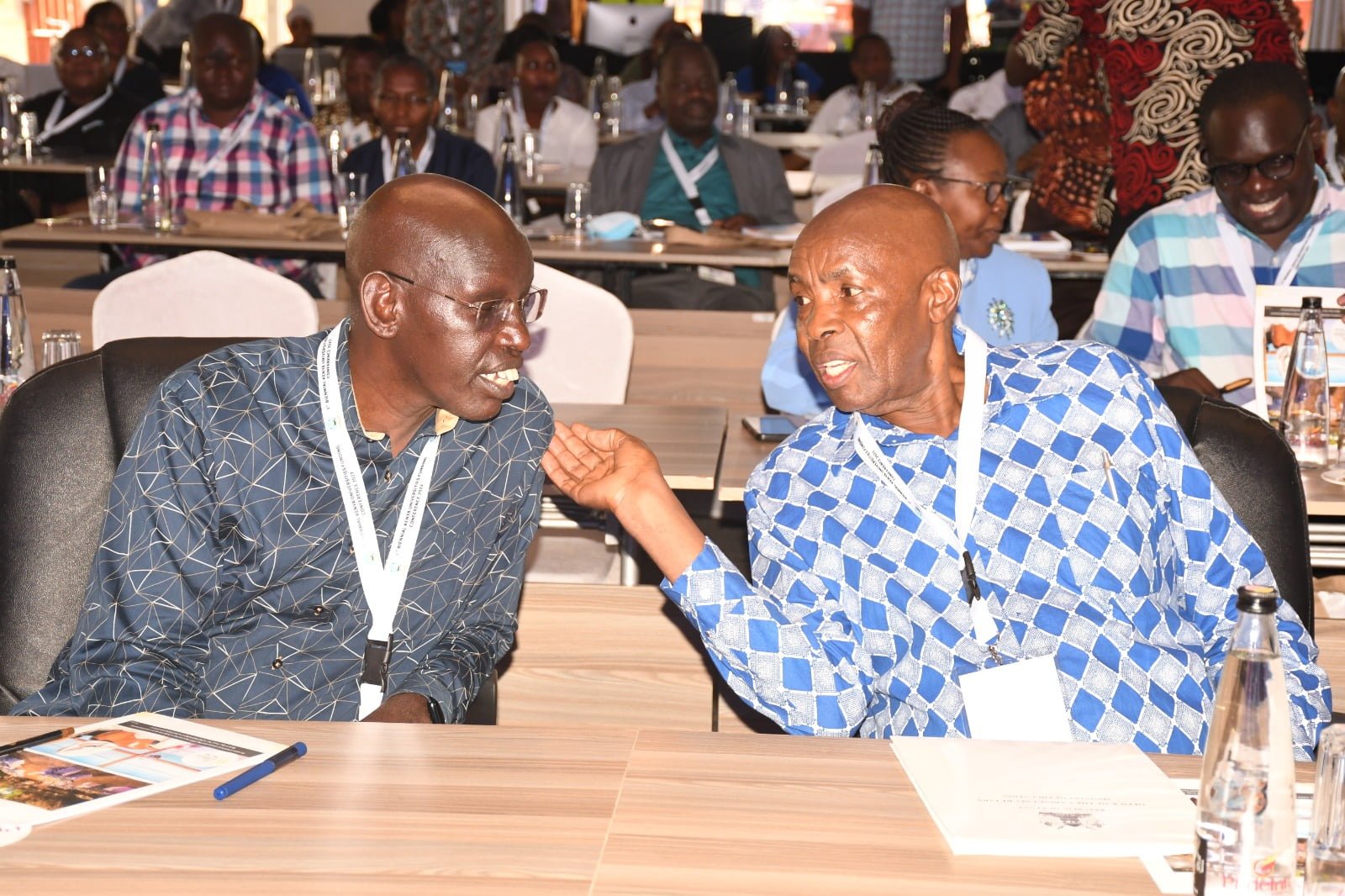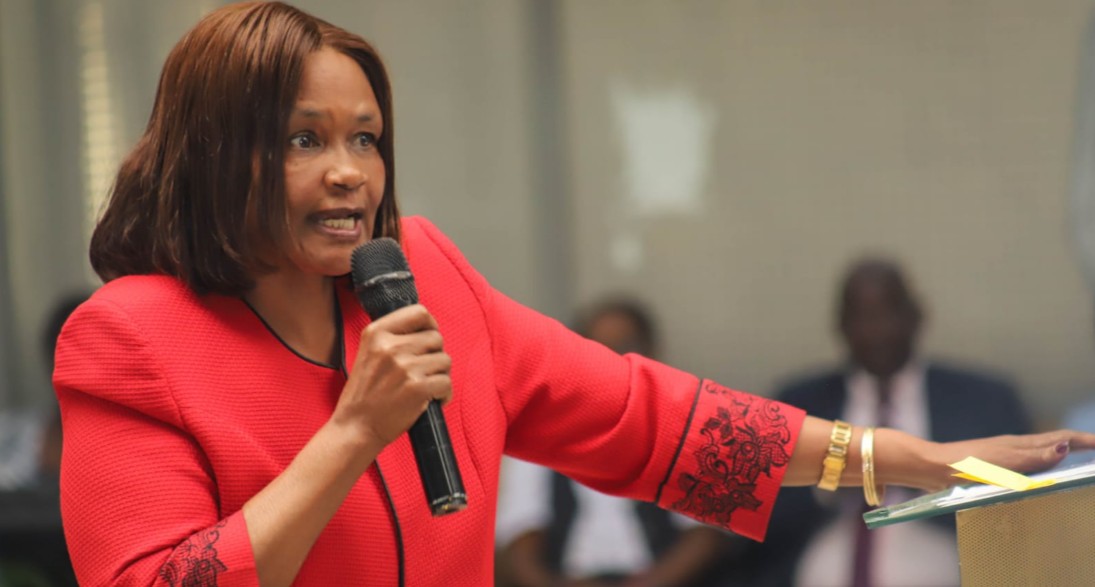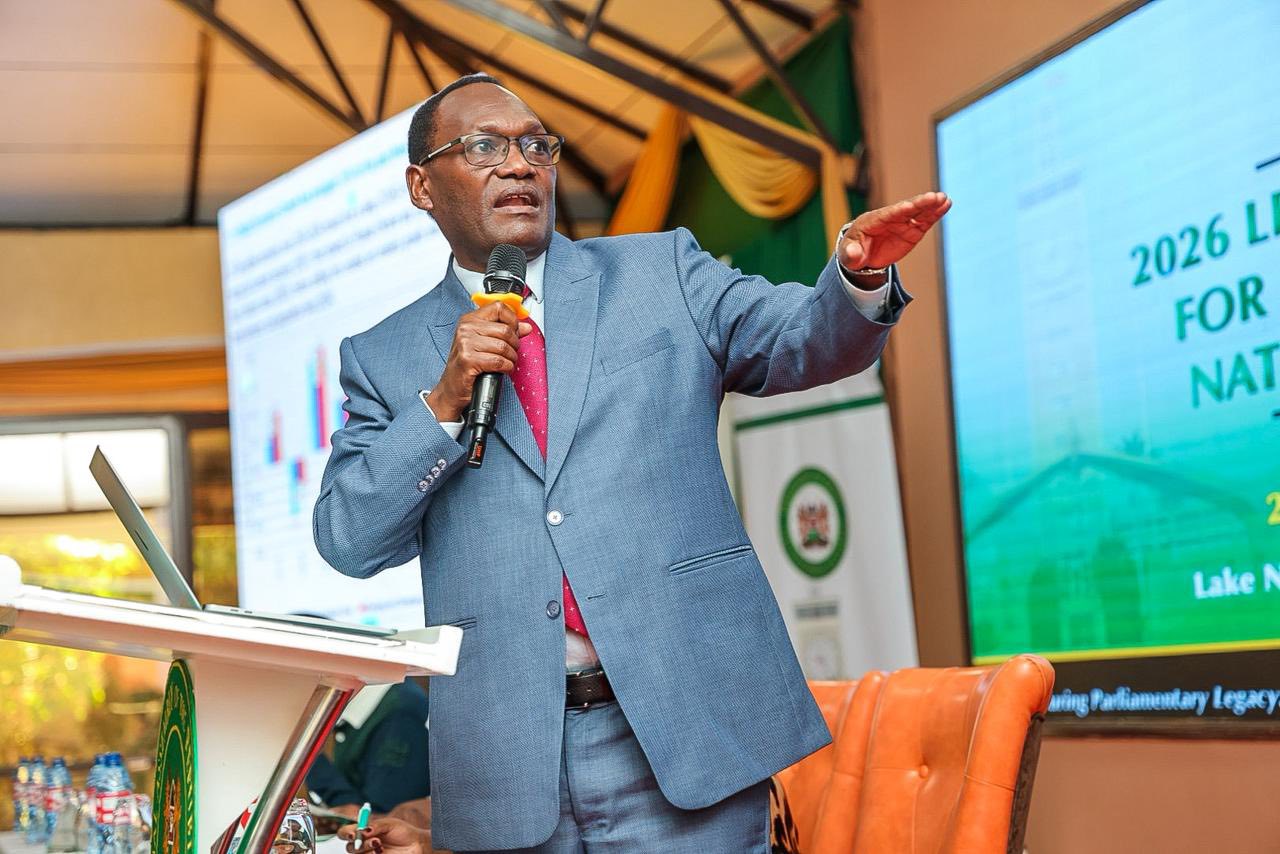By Obegi Malack
Education Cabinet Secretary Ezekiel Machogu has blamed university managements on current financial challenges facing varsities.
The CS said the challenges were as a result of failure in governance and management in universities and urged them to rethink the management structures for optimal performance.
Machogu, who was speaking in Mombasa on Thursday where he launched the inaugural Biennial Kenya Universities Funding Conference, said effective governance structures will help alleviate some of the challenges universities are facing.
“Some of the causes of the financial crisis in our universities are deficiencies in governance and management, Good illustrations of this are the imbalance between the teaching and non-teaching staff and bloated workforces, which have led to rising wage bills in some universities,” the CS said.
Machogu disclosed that public universities are indebted to the tune of Ksh 56 billion in staff pensions and statutory deductions such as Pay As You Earn (PAYE) and NHIF.
“This sorry state of affairs is a threat to the universities’ ability to perform their primary mandate of teaching and research,” the CS said.
He noted that proper and effective leadership at the universities is instrumental in ensuring that universities are sustainable and that they play their role in national and regional development.
The CS said that through good leadership, universities will be able to find innovative solutions to challenges and develop and strengthen unique niches that contribute to both the national and global development agenda in order to attract local and international students for training and research.
He added that university managements should also think about innovative resource mobilization models, including how universities can tap into their alumni base.
Machogu said that with the increasing demands on the Exchequer, universities should explore other project financing methods such as Public Private Partnerships to support some of their needs.
He further noted that the government will do everything possible in terms of legislative, policy and budgetary interventions to implement measures that will help ensure sustainability of universities and improve access to university education.
One of the very first steps the current administration took upon assuming office was to establish the Presidential Working Party on Education Reforms which among its functions is to review and recommend a governance and financing framework for tertiary education.
The Working Party is also required to review and recommend legislation to facilitate the amalgamation of HELB, TVET and Universities Fund Boards with a view of harmonizing and merging all tertiary education funding entities.
The CS said the outcome of the conference will form an important contribution to the ongoing reform discourse.
The government has been having challenges in the provision of capitation due to the rising number of students qualifying for university entry.
The number of students eligible for funding will grow from the current 449,961 students to 599,349 when 173,345 candidates who sat for 2022 KCSE are placed in public and private universities by September this year.
However, there has been a mismatch between the number of students and government funding.
In this financial year, for instance, the funding requirement for public universities is Ksh 71,945,049,600 against an approved allocation of Ksh 44,023,955,000 which leaves a deficit of Ksh 27,921,094,600.
For private universities, the funding requirement is at Ksh 18,448,041,600 against an approved allocation of Ksh 3,174,791,604 leaving a deficit of Ksh 15,273,249,996.
The projected deficit for the next financial year for public universities funding is Ksh 29,361,485,310; while private universities will have a funding deficit of Ksh 20,305,673,883.






